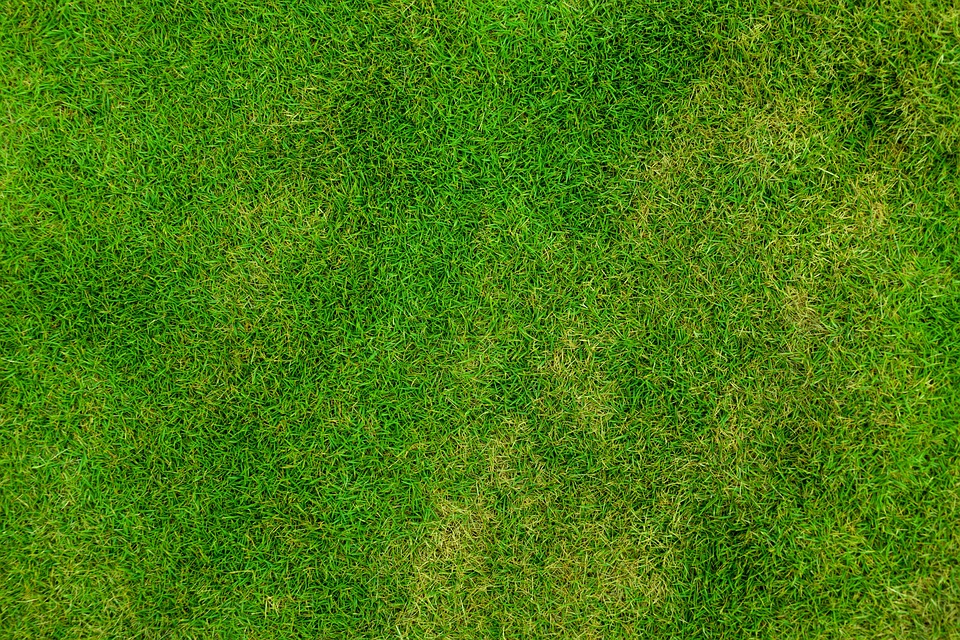Introduction
Having a well-maintained lawn not only enhances the aesthetics of your home but also provides a pleasant outdoor space for various recreational activities.
To make the most of your yard, it’s important to implement effective lawn care strategies. This article will guide you through key techniques to unleash the full potential of your yard.
1. Regular Mowing
Mowing is the foundation of lawn care. Regular mowing not only maintains a well-groomed appearance but also promotes healthy grass growth.
It’s recommended to mow your lawn once a week during the growing season. Adjust your mower height to a suitable level, ensuring you never cut more than one-third of the grass blade.
This allows the grass to develop a stronger root system and discourages weed growth.
Additionally, remember to sharpen your mower blades periodically for clean and precise cuts.
2. Proper Watering
Watering is a vital component of lawn care that promotes root development and overall health.
It’s important to water deeply but infrequently. This encourages the roots to grow deeper into the soil, making your lawn more drought resistant.
Water your lawn early in the morning to reduce evaporation losses. Aim for approximately 1 inch of water per week, including rainfall.
However, be cautious not to overwater, as it can lead to shallow root growth, promoting disease susceptibility and weed growth.
3. Aerating
Aerating involves creating small holes in your lawn to alleviate soil compaction. Compacted soil hinders water absorption and nutrient circulation, inhibiting healthy growth.
Core aerators or manual aerators can be used to perforate the soil. For small yards, manual aerators are sufficient, while large yards may benefit from motorized core aerators.
Aerate your lawn once or twice a year, preferably in spring or fall. This allows better penetration of water, air, and nutrients, promoting robust root growth.
4. Fertilizing
Fertilizing is essential for providing the necessary nutrients to your lawn. Determine the type of grass in your yard and choose a suitable fertilizer.
Apply fertilizers in accordance with the instructions provided, ensuring proper distribution.
It’s recommended to fertilize your lawn during the growing season, but avoid fertilizing during drought or hot periods.
Additionally, consider using organic fertilizers to minimize environmental impact and promote long-term soil health.
5. Weed Control
Weeds can be a persistent problem in maintaining a healthy lawn. Implementing weed control strategies helps prevent these unwanted invaders from taking over.
Hand pulling is effective for isolated weeds. For larger infestations, consider herbicides.
Pre-emergent herbicides provide a protective barrier against weed germination, while post-emergent herbicides target existing weeds.
Be cautious when using herbicides, as they can harm desired plants if not applied properly.
Additionally, regular mowing, a thick and healthy lawn, and proper watering can naturally suppress weed growth.
FAQs Section
Q1: How frequently should I mow my lawn?
A1: It is generally recommended to mow your lawn once a week during the growing season. However, adjust the frequency based on the growth rate of your grass, ensuring you never cut more than one-third of the grass blade at a time.
Q2: When is the best time to water my lawn?
A2: Water your lawn early in the morning, ideally between 4 am and 9 am. This allows time for the grass blades to dry before evening, preventing disease development and reducing water loss through evaporation.
Q3: How often should I fertilize my lawn?
A3: The frequency of fertilizer application depends on the type of grass and the specific fertilizer used. Typically, fertilize your lawn every 6-8 weeks during the growing season. Avoid fertilizing during drought or hot periods.
Q4: How can I control weeds in my lawn?
A4: To control weeds, consider hand pulling isolated weeds or using herbicides for larger infestations. Pre-emergent herbicides can prevent weed germination, while post-emergent herbicides target existing weeds.
Good lawn care practices, such as regular mowing, proper watering, and healthy grass growth, also help suppress weed growth naturally.
Q5: Can I use organic fertilizers for my lawn?
A5: Yes, organic fertilizers are a great option for lawn care. They are derived from natural sources and provide nutrients over time, promoting long-term soil health. Organic fertilizers also have minimal environmental impact compared to synthetic fertilizers.




